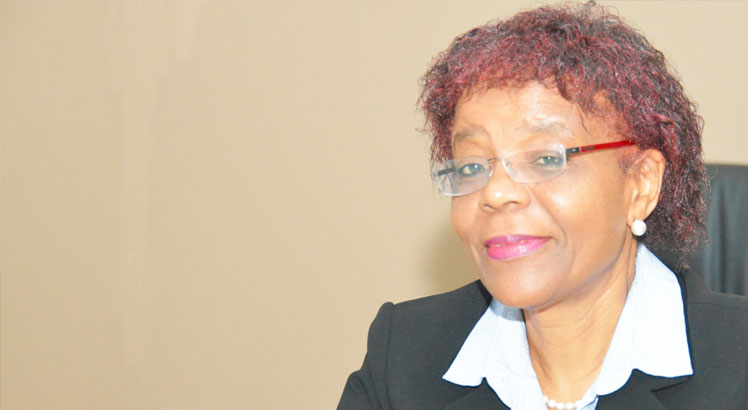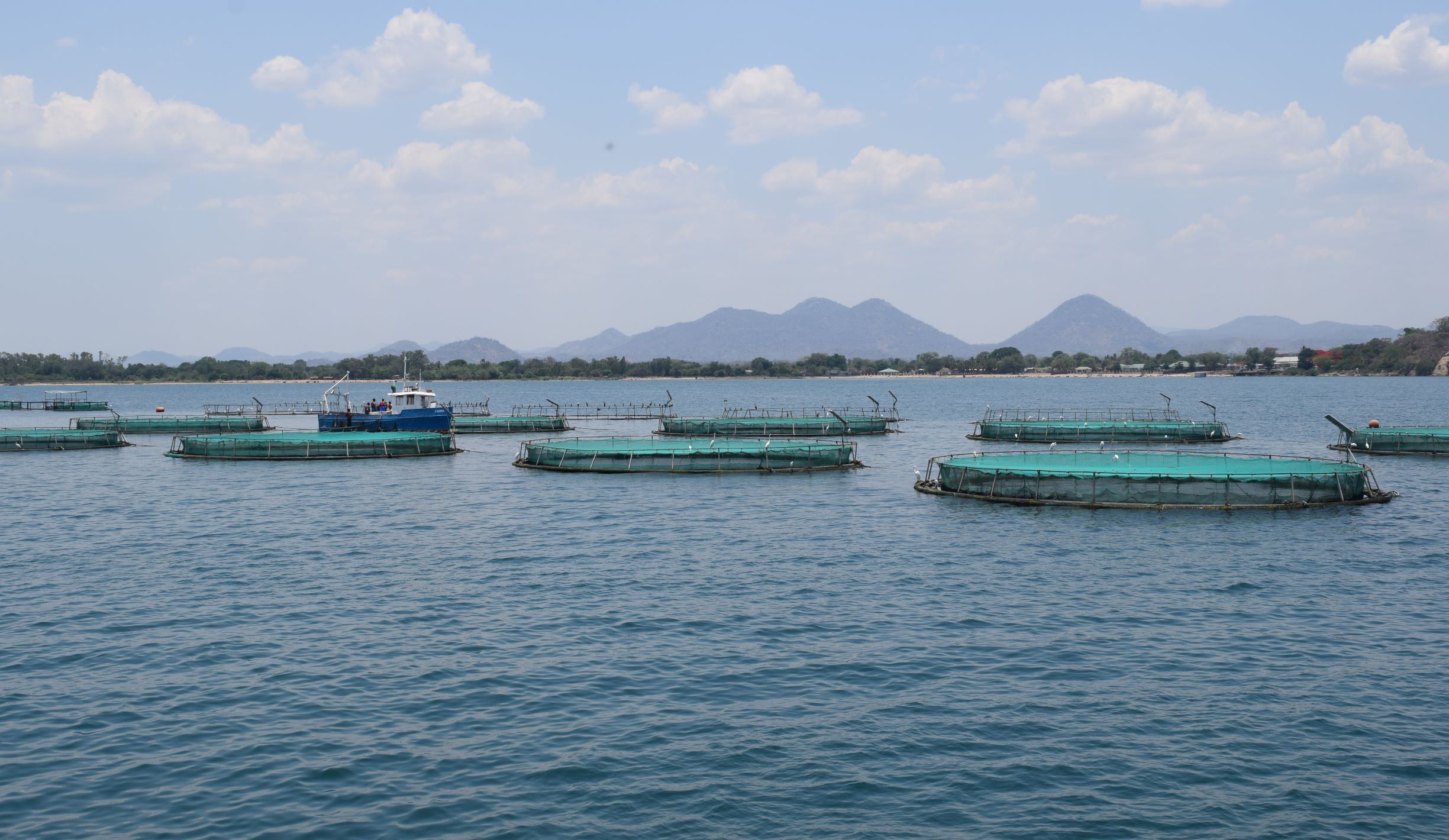‘Imprisoned’ babies plight tabled at UN
Babies accompanying their imprisoned mothers are being raised without proper medical care, food and playing facilities, threatening their early childhood development, a report by legal and human rights institutions sent to the United Nations (UN) has revealed.
Malawi Centre for Human Rights Education, Advice and Assistance (Chreaa), Irish Rule of Law International (IRLI), Reprieve and the World Coalition Against the Death Penalty have submitted the report to the UN Committee on Economic, Social and Cultural Rights (CESCR) 72nd working group pre-session planned for next month.

Reads in part the report posted on the UN Human Rights Treaty Bodies website tbinternet.ohchr.org: “The best interests of the child are paramount, and the current situation in Malawian prisons with regards to food and nutrition are severely impacting the growth and development of the many children that accompany their parents to prison.”
Though the report does not give the total of the children in the country, but it said there are a number of them.
“At least 10 children are accompanying their mothers at Chichiri Prison. Reprieve is aware of two children at Domasi Prison.
“Malawian prisons are failing to provide adequate food and nutrition for detainees. This means that children in prison are not receiving an adequate level of food,” the report adds.
The institutions said the Malawian prisons are also failing to provide adequate medical care.
“A child should not be subject to a lack of medical care and attention by virtue of their care provider being detained. A lack of proper medication combined with the unhygienic and disease prevalent conditions in the prisons lead to a highly unsafe environment for children,” the organisations write.
The report also said the prisons do not offer “adequate areas where babies and young children may safely play or exercise and access to learning and developmental toys are non-existent.
“The mental health development of young children and babies is impacted severely by the traumatic surroundings and experiences that they witness in prisons.”
The dossier further points out that the level of education for young children in prison with detained caregivers is little to non-existent.
These prison conditions and others such as congestion, the organisations say point to a clear violation of the United Nations’ International Covenant on Economic, Social and Cultural Rights.
The covenant seeks to ensure that “everyone has the minimum essential levels of food and water that are necessary for the right to life and human dignity and international standards.”
It adds that the prison conditions are also a violation of the “2010 UN Rules for the Treatment of Women Prisoners and Non-custodial Measures for Women Offenders (the Bangkok Rules) and the African Charter on the Rights and Welfare of the Child.”
“Often, the female detainee with dependent children must share their food portion with the child rather than receive adequate portions. This is a violation of basic rights for the child and mother who do not receive special assistance or protection in this aspect,” the report charges.
The Ministry of Gender, Community Development and Social Welfare spokesperson Pauline Kaude had not responded to our as we went to press so did national prison spokesperson Chimwemwe Shawa.
However, executive director for the Foundation for Children Rights Jenipher Mkandawire called on the government to designate child friendly prisons. “The Malawi prisons are not child friendly. It is high time the government should at least make one or two prisons child friendly so that the children should enjoy all the rights that they deserve and should not be convicted alongside their mothers,” she said in a response to a questionnaire on Friday.





